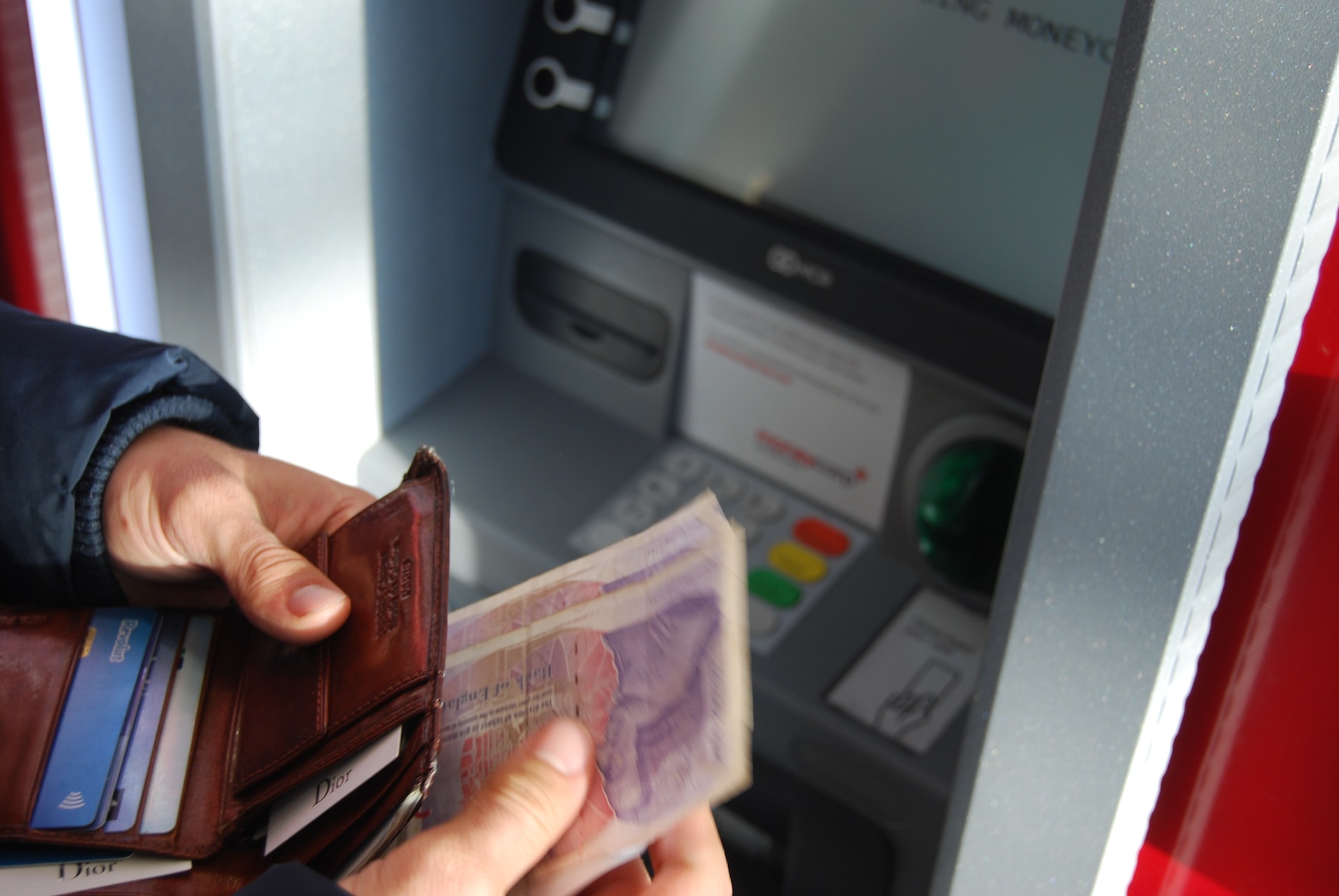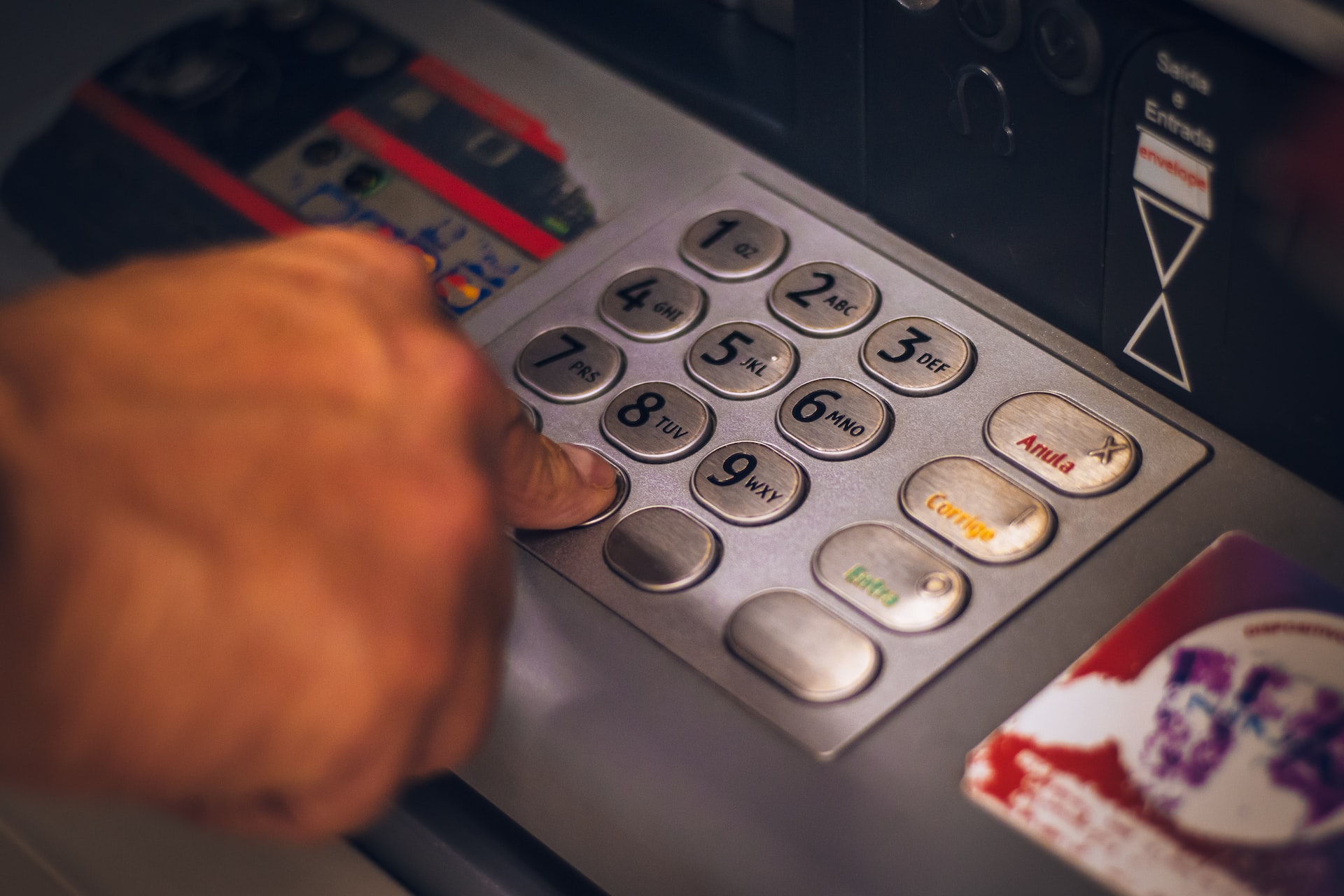If you are a business owner, then you need to choose the right bank. Many business owners use their personal accounts for business transactions, but this is a very bad idea. A separate business account will allow you to access features personal accounts can’t. It’s also worth noting that using a personal account for your business can make filing your tax return very complicated. You could have to go through all of your transactions individually in order to calculate your annual profits and losses. With a business account, it’ll be a lot simpler.
This post will tell you how you can choose the right bank.

One of the most important factors to consider when you are choosing a business bank account is the account’s provider. Which bank do you want to open an account with? Some banks are much better than others. It’s common for some banks to specialize in accounts that are suitable for business owners, while others in personal accounts. Selecting a bank that specializes in personal accounts will mean that you don’t get the most from your account. Make sure to always read banks’ reviews before opening an account with them.
Most people use smartphone apps to access their personal bank accounts. The bank that you open an account with should have a mobile banking app for your business account. If you aren’t able to perform banking tasks on an app then you will have to ring the bank every time that you want something done. Having to deal with banking over the phone or in person can be very tedious. A mobile banking app will save you a lot of time. Some banks have better mobile banking apps than others—reviews are the best way to determine which app is best.
However, just because you have a mobile banking app that’s not to say that you won’t still need to ring your bank from time to time. If the bank that you open an account with doesn’t have a dedicated 24-hour customer support team, then you won’t get your problems resolved immediately. When people are leaving reviews, the first thing they tend to complain about is customer support. Because of this, be sure to check out reviews before choosing a bank. You could also test out your prospective bank’s customer support yourself by phoning them up personally and talking to them.
Business bank accounts aren’t free. While you can usually open up a personal account without having to pay monthly fees, the same isn’t true for business accounts. The amount that you will have to pay in fees depends on the type of bank account that you are opening. Very high-level bank accounts that offer rewards and have a lot of features will typically charge more than entry-level accounts will. You may also be able to open a business savings account as well, which could also have monthly or annual fees.
Some banks actually charge business owners to use their accounts for everyday banking. Ideally, you should find an account that allows you to perform everyday banking tasks for free. After all, paying monthly fees in addition to fees for using your bank account on a daily basis could lead to you losing a lot of money. The amount that’s charged in fees depends upon how much the individual uses their account on a daily basis. It is not usually much, but as already mentioned, it all adds up over time, especially when you consider other account fees.

Business bank accounts are often targeted by cybercriminals because they typically hold a lot of money. If you are concerned about fraud then you should open an account with a transaction limit in place. A transaction limit means that transactions over a certain amount can’t be sent (or have to be verified before they can be sent). A transaction limit will make it more difficult for criminals to steal money for you, in addition to preventing mistaken outgoing transactions. In the press recently a story was published about a business that accidentally sent a client millions of dollars. If they had a transaction limit in place, that would have never happened.
Some business accounts don’t come with debit cards. Not having a debit card can make handling and using your business’s money very difficult. If it is possible for you to do so, then you should open an account that gives you access to a debit card. Sometimes, banks will charge business owners more if they want to open an account that comes with a debit card or allows card payments. Always research the account you are considering opening before going ahead and making an application just so that you can be sure you are going to be given access to a card.
It is very common for business accounts to have very large overdrafts. This is so that businesses can still go ahead with purchases, even if they don’t have the money available at the time that the purchase needs to be made. Unfortunately, you do have to pay a lot of interest when you are repaying an overdraft on a business account. Despite this, it’s still good to have a sizable overdraft. The amount of overdraft that you are given access to depends on your credit score and also the type of account that you are opening.
As mentioned earlier, some business accounts come with accompanying savings accounts. Opening a business savings account will allow you to earn interest on your business’s profits. The interest on some of these accounts can be as high as 5%, however, sometimes you aren’t able to access the money once you have put it into an account until it has ‘matured.’ If you try to access funds early, then you may have to pay a very high fee. The fee is sometimes more than the savings earned, depending on how early you take it out of the account.
As a business owner, you need to select a bank account that’s right for your business. There are various things that you need to consider, from accompanying savings accounts to transaction limits. Make sure to give each account serious consideration so that you don’t end up opening one that isn’t compatible with your business.





